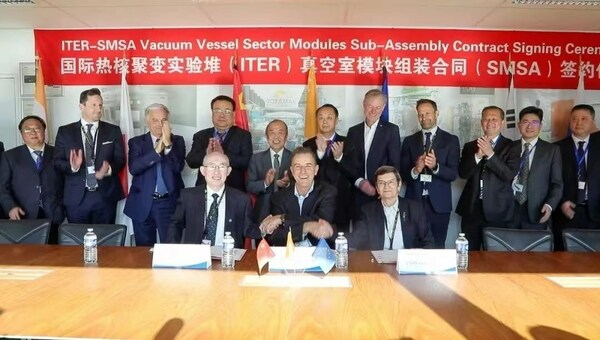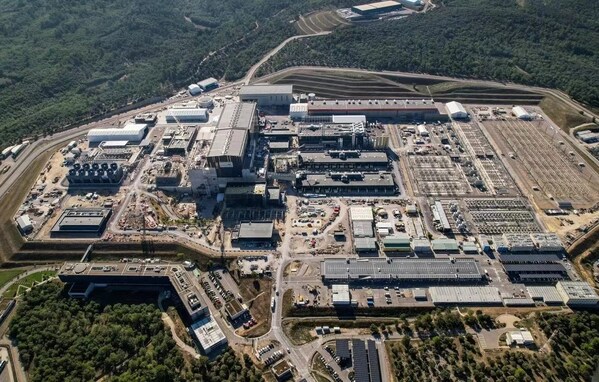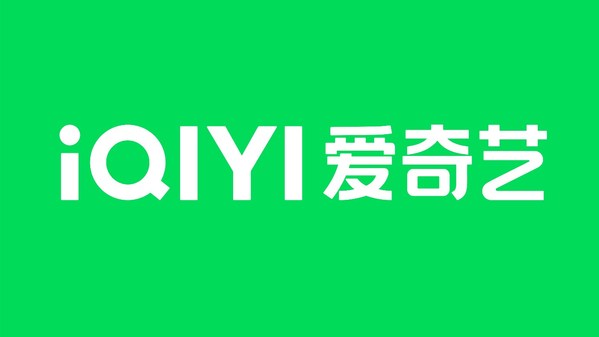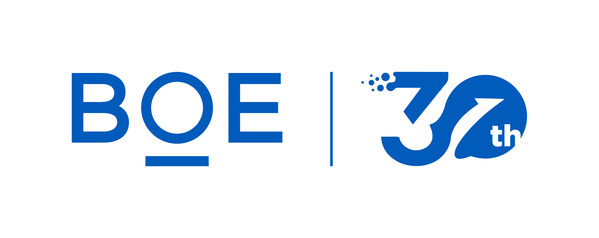PARIS, March 4, 2024 /PRNewswire/ -- Everything grows by the sun, and the "Planting The Sun" sung in nursery rhymes is being turned into reality by human beings little by little. Local time on 29 February 2024, the world's largest "Artificial Sun" International Thermonuclear Experimental Reactor (ITER) Organization and the China-France consortium led by China Nuclear Power Engineering Co., LTD. (CNPE) formally signed a contract for the Sector Modules Sub-Assembly (SMSA). This is the second time that a Chinese organization has undertaken the task of installing its core equipment after successfully undertaking its TAC-1 contract, and the Chinese will once again contribute wisdom and strength to the smooth advancement of the ITER project.
International scientific and technological co-operation is of great significance in addressing the global challenges faced by mankind. The International Thermonuclear Experimental Reactor (ITER) project is currently one of the world's largest and most far-reaching international mega-science project, carrying humanity's bright hope for the peaceful use of fusion energy.
Pietro BARABASCHI, Director-General of ITER Organization, Luo Delong, Deputy Director-General of ITER Organization, Dong Guangli, Consul General of China in Marseille, Shen Yanfeng, Deputy General Manager of China National Nuclear Corporation (CNNC), Wang Delin, Deputy Chief Economist of CNNC, Catherine CORNAND, Senior Vice President of Framatome, and relevant representatives of the Institutes of Plasma Physics Chinese Academy of Sciences (ASIPP) were present to witness the ceremony.
The key project was handed over to CNNC out of the ITER Organization's high trust in the Chinese team. Barabaschi stated that China has made significant contributions to ITER in terms of technology and human resources. CNNC has a strong team of highly-skilled construction team at the construction site, and it is very trustworthy that China has undertaken the contract for the installation of the core devices and is completing the assembly task in an excellent way!
Shen Yanfeng said that the signing of the agreement means that the China-French consortium led by CNPE has become the sole contractor for the installation of the TOKAMAK machine of the ITER project.
The light and heat on which everything on Earth relies for growth comes from the energy released by nuclear fusion reactions in the sun. The ITER project is designed to simulate the fusion process of the sun's heat and light, and to explore the feasibility of commercialization of controlled fusion technology. ITER is a TOKAMAK machine capable of generating large-scale nuclear fusion reactions, known as the world's largest "Artificial Sun", and is jointly implemented by China, the European Union, India, Japan, South Korea, Russia and the United States.
China formally signed the Agreement to join the project in 2006. Since the implementation of the project, the Chinese side has always abided by its international commitments, and Chinese enterprises and researchers have taken up the heavy responsibilities and made concerted efforts with their international counterparts, contributing Chinese wisdom and strength to the smooth progress of the project. Since 2008, China has undertaken 18 procurement package tasks of research and manufacture, involving core key components such as the Magnet Support system, Magnet Feeder system, Power Supply system, Glow Discharge Cleaning system, Gas Injection System, and the "First Wall" of the reactor core, which is capable of withstanding extremely high temperatures.
In the process of exploring nuclear fusion, CNNC gives full play to its role as the main force of China's nuclear science and technology and nuclear energy development, adheres to the implementation of the "Three-Step" strategic plan of the national nuclear energy, persists in the research and development of fusion energy for a long period of time, and pushes forward the significant development of China's fusion research, which effectively enhances China's position in the field of fusion in the international area, and contributes to China's strength in the exploration of future energy for mankind, and demonstrates the spirit of CNNC.
CNNC has been actively involved in the development of the world's largest "Artificial Sun", and in September 2019, the China-French consortium led by CNPE signed the TAC-1 installation contract with ITER, marking the beginning of China's in-depth participation in the TOKAMAK, the "heart" of the experimental reactor which is the installation of the core equipment of the TOKAMAK device. During the implementation of the contract, the project team always upholds the spirit of international cooperation, to achieve safe production, and quality control in general, to complete a series of major milestone nodes, the overall evaluation of the contract performance is high. In an exclusive interview with Xinhua in November 2023, Barabaschi said that China is a trustworthy partner of the ITER project, from the delivery of key components to the installation of the core unit. Sincere thanks to China for its strong commitment and long-term support, and looks forward to continuing to deepen cooperation with China.
It is understood that the assembly of the Vacuum Vessel module is currently the most important equipment in the ITER project on the critical path, and plays a vital role in the success of the entire ITER project. The Vacuum Vessel is shaped like a donut, but due to its huge size, the whole Vacuum Vessel is divided into 9 sector modules for easy installation, The vacuum Vessel module itself is also a three-layer sandwich structure, which consists of a 40-degree Vacuum Vessel Sector Modules, a Vacuum Vessel thermal shield, and 2 Toroidal Field Coil from the inside to the outside, respectively. The assembly work of the Vacuum Vessel module won in this tender is to integrate and assemble the Vacuum Vessel thermal shield and the Toroidal Field Coil onto the Vacuum Vessel sector module in the assembly hall-like dressing, and then hoist the whole component into the TOKAMAK pit. The nine sectors of the Vacuum Vessel module are completed and delivered separately, and the total schedule for the nine sector modules is 35 months.












